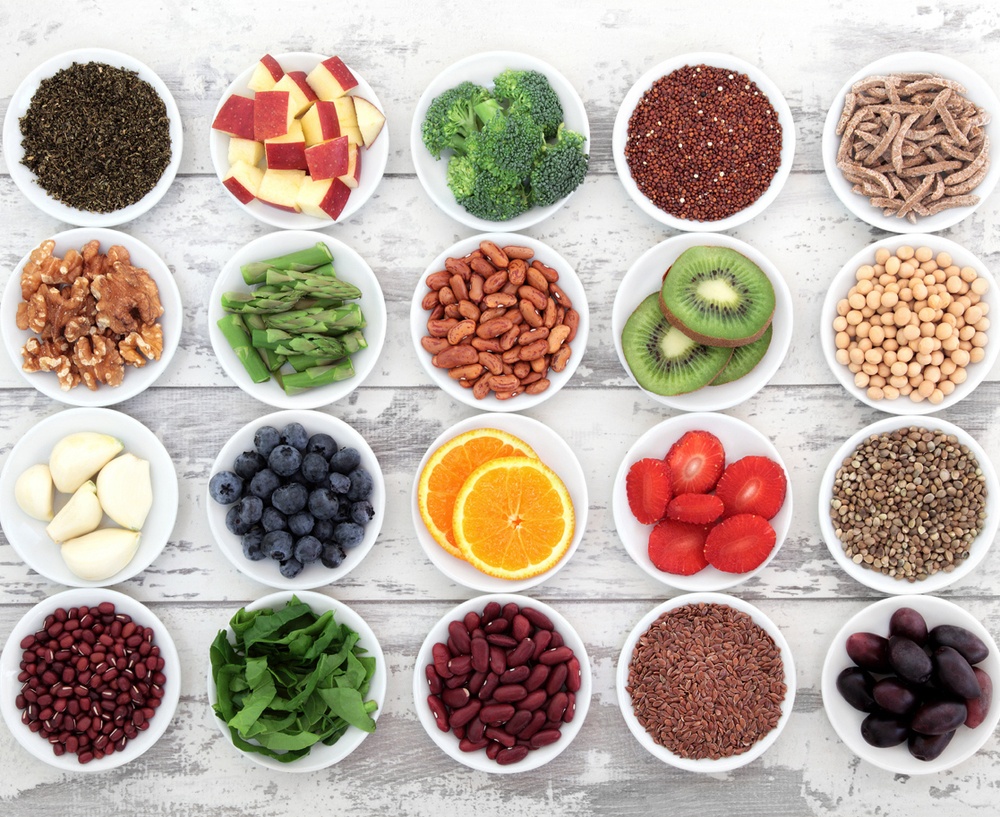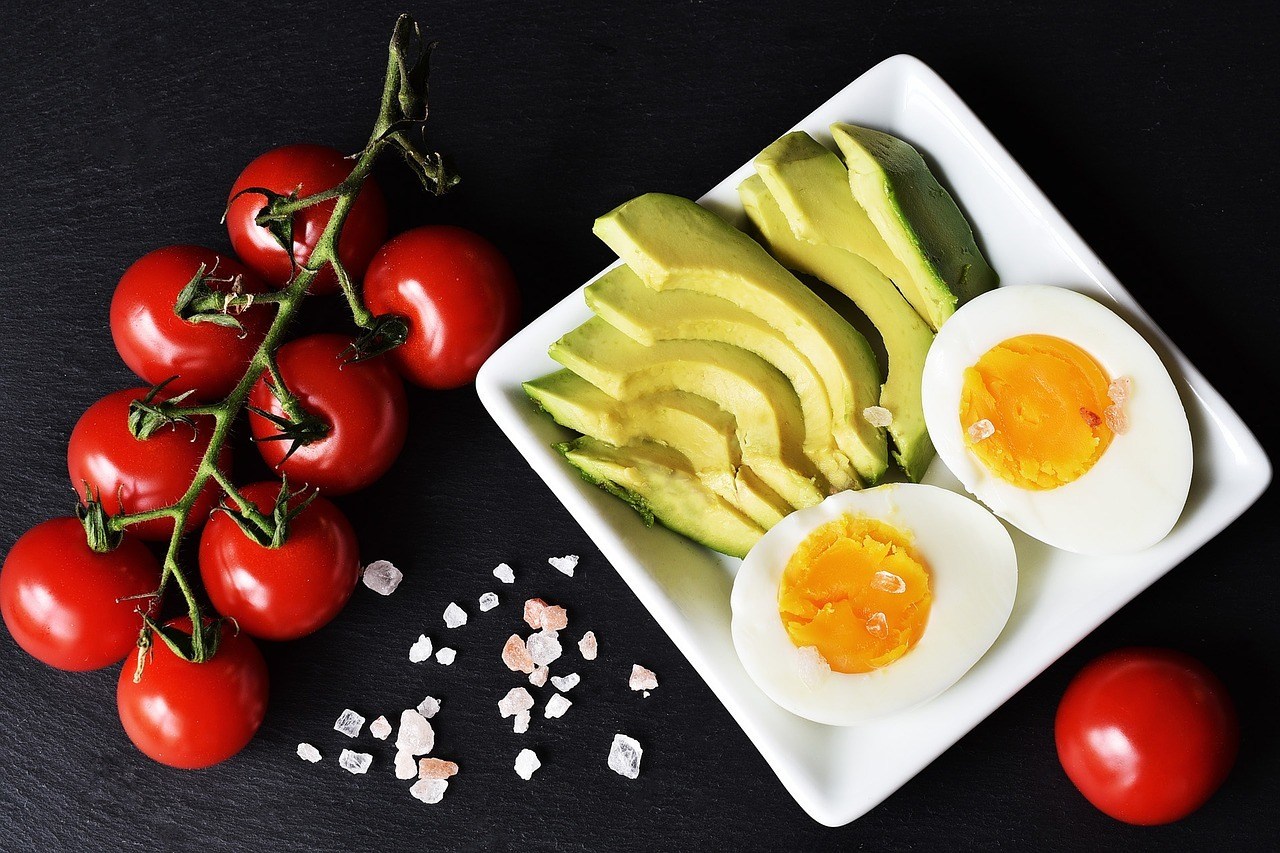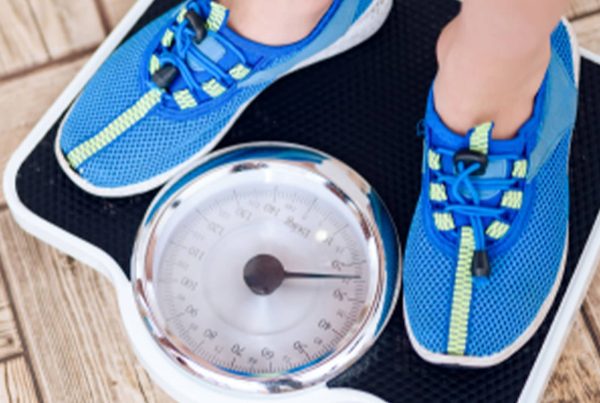Goji berries, kale and acai all come to mind when someone mentions superfoods. While it can be hard to believe, superfoods aren’t an actual food group (I know, I’m shocked too!). The term seems to be used more as a marketing trick for foods that have health benefits. Foods that are called superfoods have to tick some boxes to be crowned a superfood. First, they need to be nutrient dense, meaning they are packed with vitamins/minerals, to help with energy, mental health and ward off diseases. Next, they’re diverse. Meaning that they have to come from a tree in the Amazon that only produces the fruit twice a year. Lastly, the food has to be vibrant in colour (hello acai bowls!). Of course we don’t know the exact reason of what makes a superfood truly super.
Different nutrients have different purposes and benefits. For example, healthy fats are believed to prevent heart disease and failure, and some antioxidants reduce the risk of cancer. Not one food provides the vitamins, minerals and nutrients the body requires, so we recommend that you have a balanced, colourful diet.
What are the real superfoods though, that we can buy in the supermarket without it costing an arm and a leg?
Fish – White fleshed fish such as cod is lower in fat, while oilier fish, such as salmon is high in omega-3 fats. The edible bones in fish are an excellent source of calcium. Whole fish, rather than fish oil supplements, offer more protection from heart disease and has also been seen to have positive effects on people suffering from mental health disorders.
Nuts – Nuts and seeds are packed with protein, healthy fats and fibre. All varieties of nuts are beneficial, and going for unsalted avoids overdoing your sodium intake throughout the day.
Berries – Berries are high in antioxidants and are some of the most nutritionally dense fruits to eat. Acai and Goji berries cop a lot of stick, and aren’t the most affordable. Other berries such as strawberries and blueberries will do the trick and are much easier to find – especially when in season!
Cruciferous vegetables – This veggie family includes broccoli, kale and cabbage to name a few. High in fibre and lower in energy, they also are higher in antioxidants, helping to ward off cancer.
Oats – Overnight oats have become a popular breakfast, with oats being an excellent source of fibre that will help keep you fuller for longer. Oats will also provide the body with protein and B vitamins.
Yoghurt – Not only does it provide us with calcium, yoghurt is also high in protein which is a good source for vegetarians. Natural yoghurt is best, and remember that if it’s labelled ‘low fat’ that doesn’t necessarily mean it’s low in kilojoules!
Dark chocolate – I know you’ve heard, but dark chocolate is rich in antioxidants AND good for you (provided you don’t eat the whole block in one sitting). Choose a dark chocolate that has a high percentage of cocoa. Studies have shown that people who eat dark chocolate have a lower risk of heart disease – yay!
We have to remember that having a balanced diet is key. Your daily meals should include, fruit, vegetables, grains, protein (lean meat/eggs/legumes) and even foods that have healthy fats. Nothing beats a balanced diet, because it’s pretty easy to understand that what we eat affects our health. It affects our inner body, outer body and our brain. It’s simple: put the good stuff in and get the good stuff out.







